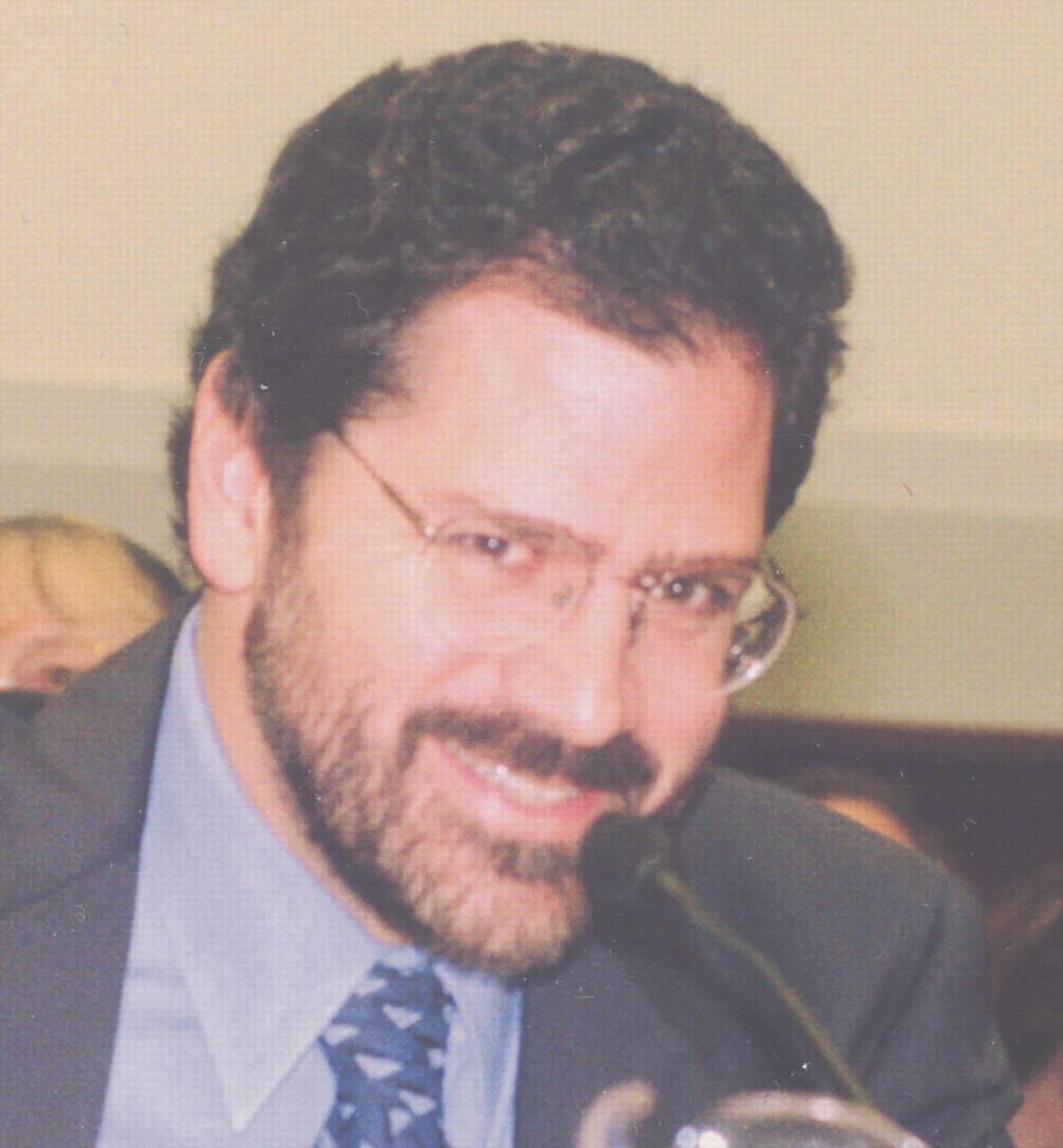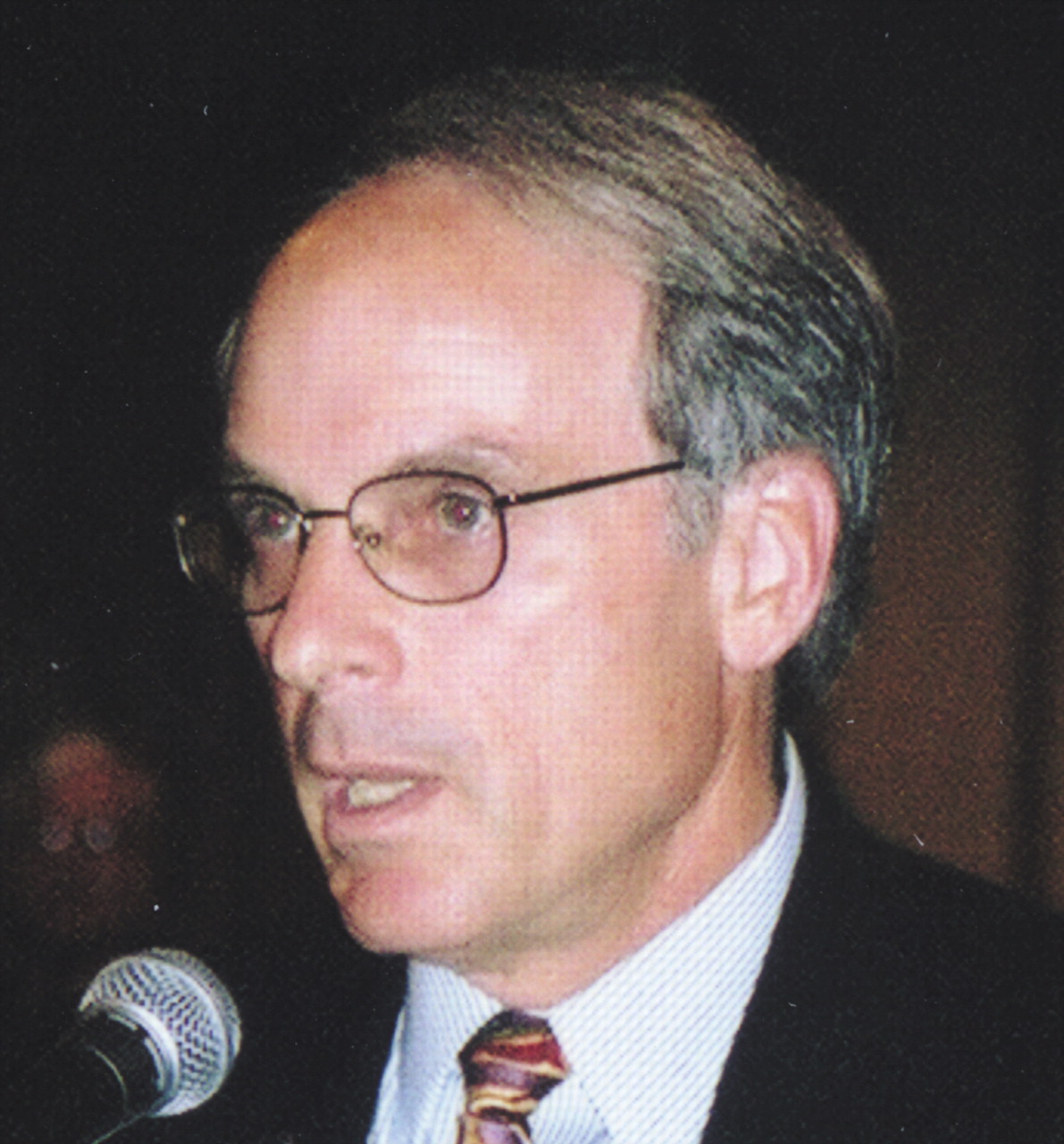In the wake of a lawsuit being filed against the American Medical Association’s Board of Trustees by its former executive vice president, the AMA’s House of Delegates decided to appoint a Select Committee to investigate the allegations contained in the suit, known as Anderson v. American Medical Association, et al. Among the 11 AMA delegates appointed are two prominent psychiatrists.
Jeremy Lazarus, M.D., chair of the APA Joint Commission on Government Relations and an AMA delegate from Colorado, and David Fassler, M.D., chair of APA’s Council on Children, Adolescents, and Their Families and delegate to the AMA from the American Academy of Child and Adolescent Psychiatry, were appointed by the speakers of the House of Delegates.
The lawsuit, filed June 18, the day after the AMA’s House of Delegates opened its 100th meeting in Chicago, was brought by E. Ratcliffe (Andy) Anderson Jr., M.D., against the AMA’s board and its chair, Timothy T. Flaherty, M.D.
Anderson alleges that the AMA Board of Trustees breached his employment contract by taking away his authority to hire and fire all staff. The confrontation arose when Anderson, who was responsible for the day-to-day running of the AMA, fired its chief legal counsel. He is suing Flaherty for defamation over alleged comments Flaherty made at a board meeting regarding Anderson’s salary.
Anderson, the AMA’s chief executive and chief operating officer, had sought to dismiss the head of the AMA’s Health Law Division and Office of General Counsel, attorney Michael Ille, last October after he discovered that Ille was finalizing the sale of a tract of AMA-owned land in downtown Chicago. The negotiated sale price for the land was reportedly some $13 million to $15 million less than the current market value, according to papers filed by Anderson in conjunction with the lawsuit.
When Anderson tried to dismiss Ille, the board intervened. In his lawsuit, Anderson alleges that the board protected Ille because Ille had previously protected certain members of the board from embarrassment following the failed endorsement deal between the AMA and Sunbeam Corp. Ille was later allowed to resign his position with the AMA, allegedly preserving a valuable severance clause in his contract that would have been negated if he had been fired with cause.
The sale of the land in question has yet to be finalized.
In an additional count in the lawsuit, Anderson alleges that Flaherty, who was then chair-elect of the board, made disparaging comments about Anderson’s $500,000-plus annual salary, thereby irrevocably damaging Anderson’s ability to lead the 154-year-old association.
After learning of the suit, the AMA board immediately issued a statement saying that the board “after reviewing the complaint with its legal counsel, is confident that the lawsuit is frivolous.” The board also stated that prior to the filing of the lawsuit, “Dr. Anderson had made significant monetary demands on the board, offering to forego litigation and resign from his employment.”
However, in an emergency executive session prompted by the suit’s filing, the House of Delegates voted to have the speakers of the house appoint a Select Committee to investigate the allegations in the suit and report its findings back to the house. In addition, the Select Committee is to make recommendations “as to appropriate actions that this house should take, including, but not limited to, actions regarding the structure and governance of our AMA until such time as the matter of Anderson v. American Medical Association is resolved.”
The committee was also asked to evaluate the roles and responsibilities of the board and the executive vice president and make recommendations to minimize any similar conflicts in the future. The house authorized the committee to retain independent legal counsel to advise and assist the committee.
The speakers of the house sought nominations from both state and specialty society delegations, and the Section Council on Psychiatry was included. “Certainly, the AMA has reached out to our profession for assistance in the investigation and resolution of this matter,” said Section Council Chair Joseph T. English, M.D.
Despite his firing, which reversed a previous board decision that he was to remain on staff while the dispute was settled, Anderson vowed to continue the fight, saying in a written statement, “With the board’s precipitous termination of my employment, nothing has changed. . . . This latest action just confirms to me that they were unwilling to comply with the terms of my contract.” ▪


